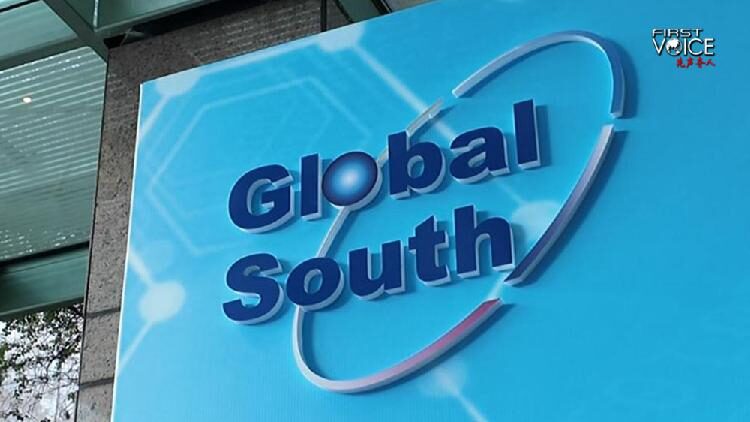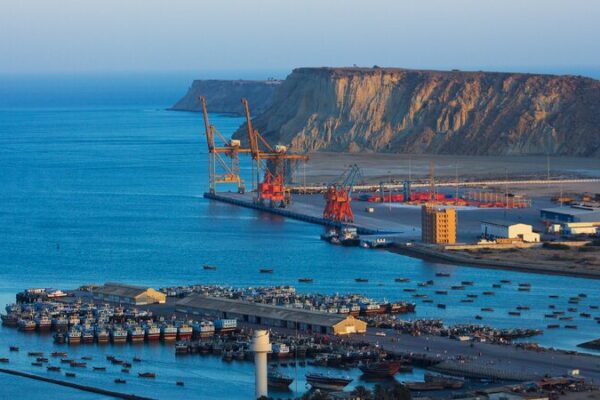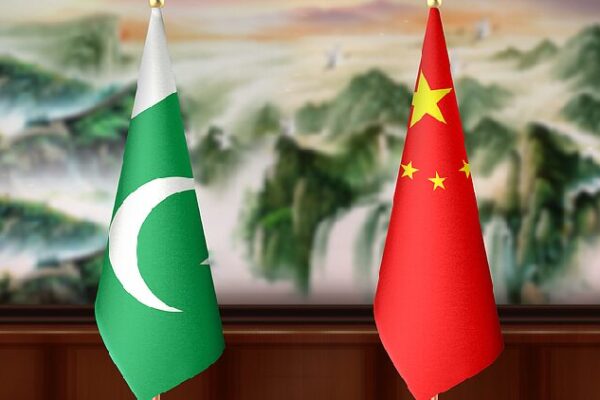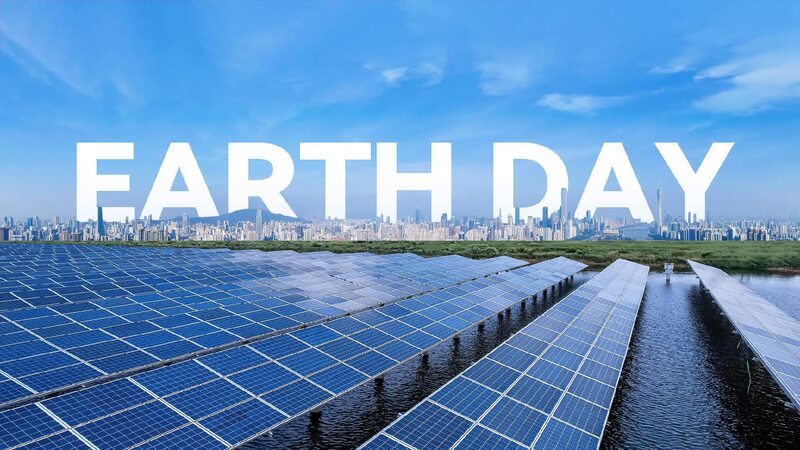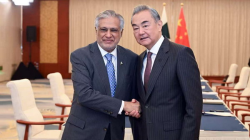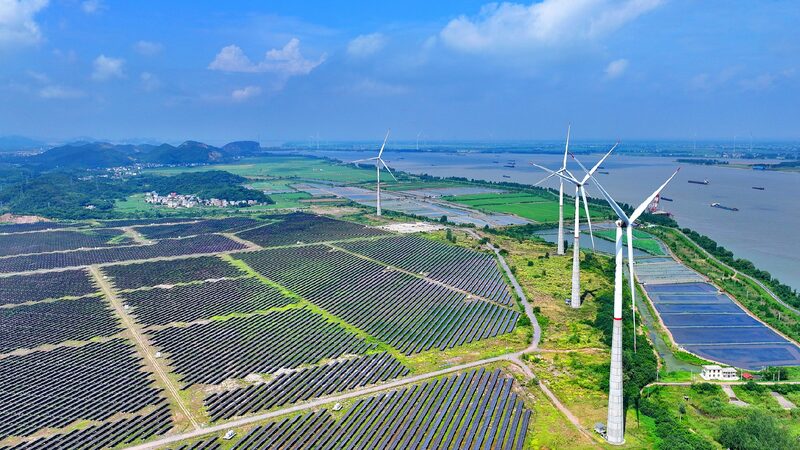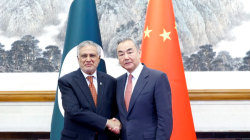The Global South is a vibrant and diverse region, home to over 85% of the world’s population and contributing over 40% to the world’s Gross Domestic Product. Despite its growing economic impact, challenges like climate change, energy shortages, and geopolitical pressures continue to affect many communities.
A Partnership for Progress
China, as the largest developing country, shares a common bond with the Global South. Through strategic investments and collaborative initiatives, China is fostering transformative change and sustainable progress.
Projects like the Karot Hydropower Plant in Pakistan, which generated over 3.1 million megawatt-hours of clean energy in 2023 and benefited 5 million residents, highlight this commitment. Similarly, the Africa Solar Belt program aims to provide solar energy to 50,000 households by 2027. Kenya’s 50MW solar plant is already supplying clean energy to 70,000 households, positively impacting over 350,000 people.
Global Cooperation for Sustainable Solutions
Tackling complex challenges requires robust global cooperation. Institutions like the Asian Infrastructure Investment Bank (AIIB) play a pivotal role. For example, AIIB’s support for Azerbaijan aims to reduce annual carbon dioxide emissions by 757,000 metric tons, showcasing the potential of multilateral partnerships.
The Belt and Road Initiative
China’s Belt and Road Initiative (BRI) is strengthening regional connectivity and advancing infrastructure across the Global South. The Gwadar Port in Pakistan is set to become a global trade hub with a projected cargo capacity of 400 million tons annually by 2045. Meanwhile, the Port of Piraeus in Greece has become a crucial link in the Europe-Asia trade network, enhancing commerce and cultural exchange.
Green Growth and Sustainable Development
China’s contributions extend beyond economic development. In Africa, China’s role in the “Great Green Wall” initiative aims to restore 100 million hectares of degraded land, capture about 250 million tons of carbon dioxide, and create 10 million jobs by 2030.
Domestically, cities like Shenzhen have achieved 100% electrification of public buses, operating over 16,300 electric buses—the world’s largest fleet. The city has also transitioned taxis to electric vehicles, demonstrating the potential of sustainable urban development.
A Shared Future
China’s forward-thinking approach is rooted in the idea of a “community of a shared future,” emphasizing coexistence and collaboration. This philosophy echoes the historical spirit of the ancient Silk Road, which facilitated the exchange of culture, ideas, and commerce between civilizations.
Today, initiatives like the Belt and Road Scholarship program, which has awarded over 50,000 scholarships to students from the Global South, continue this legacy of cross-cultural exchange.
The Path Ahead
As the Global South navigates a defining era marked by resilience and innovation, China’s engagement empowers local economies through job creation and community development. By fostering partnerships and championing sustainable progress, China plays an integral role in shaping a future led by inclusivity and shared success.
Reference(s):
cgtn.com
